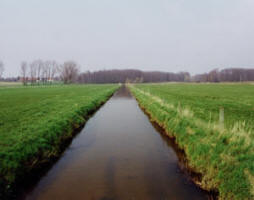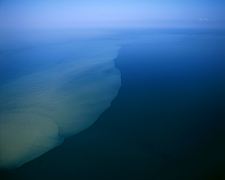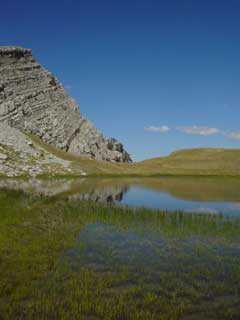 Northern Gaza Emergency Sewage Treatment (NGEST) Project
Northern Gaza Emergency Sewage Treatment (NGEST) Project
- This is an environmental assessment for the North Gaza Emergency Sewage Treatment Project for the West Bank and Gaza. It anticipates likely environmental risks associated with project activities and proposes measures to mitigate them.
- It recommends reducing noise and dust by proper scheduling including limiting work to the daytime hours and preventing work during weekends, controlling particulate emissions, covering stored material and vehicles removing waste, water spraying, and using new vehicles with low emissions
| Project number | P074595 | ||
|---|---|---|---|
| Subject(s) | INDUSTRY , POLICY-WATER POLICY AND WATER MANAGEMENT , PREVENTION AND NUISANCES POLLUTION , SANITATION -STRICT PURIFICATION PROCESSES , SLUDGES , WATER DEMAND , WATER QUALITY | ||
| Geographical coverage | Palestine | ||
| Budget (in €) | 43000000 | ||
| Programme | International program | ||
| Web site | http://www-wds.worldbank.org/external/default/main?pagePK=64193027&piPK=64187937&theSitePK=523679&menuPK=64187510&searchMenuPK=64187511&siteName=WDS&entityID=000160016_20060425173250 | ||
| Objectives | - To prevent risk of accidents and injuries, follow safety instructions, workers will wear protective clothing, coordinate the first aid station with local hospitals in case of emergencies, train staff in safe work practices and handling chemicals safely, set up warning signs and display instructions and adhere to the Palestinian Labor Law. To lessen nuisance and psychological problems caused by construction and operation, and coordinate with the Religious Affairs Ministry to ensure the project's acceptance, and launch a public awareness campaign. - Conduct activities in winter to minimize impacts to agricultural activities. Vehicles will only move on existing roads and avoid crossing agricultural areas to minimize disturbance. Provide partly compensate for loss of agricultural area. Monitor excavation and backfilling. Provide adequate notice for road closures. Monitor the use of safety measures and tools. Manage traffic and set speed limits, providing traffic signs to ensure proper routing and traffic distribution. Modify the pipeline route to avoid felling of trees, and replant where needed. Transfer rare plants to safer places and avoid dust generating activities during flowering season. Avoid disturbing the breeding activities of rare birds. Clean and remove wastes and deposits to landfills or designated areas. - To prevent impairing the waste treatment process, flooding in wastewater networks, and increased wastewater, the report recommends upgrading the screen and grid removal structure and maintenance to perform effective screening and sedimentation, properly designing wastewater facilities, and implementing a tariff structure for both water and wastewater. - To reduce the risk of an increased level of toxic contaminants, monitor the aquifer, issue restrictive regulations and standards, periodically test the water, and make the public aware of the risks. Control the use of sludge for specific crops, provide workers with protective clothing and train them to wash frequently and make both soap and water available, test samples and treat sludge. Control odors from the wastewater treatment process. Fence livestock to prevent their drowning in the infiltration basins, and install a land use plan. |
||
| Period | [07/09/2004 - 30/06/2010] | ||
 you are not logged in
you are not logged in





